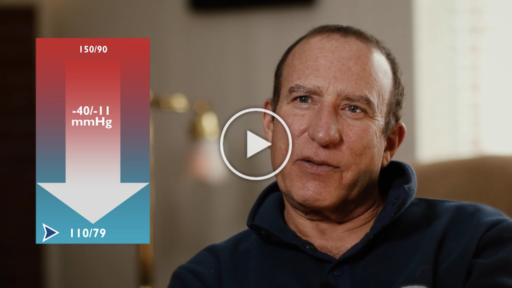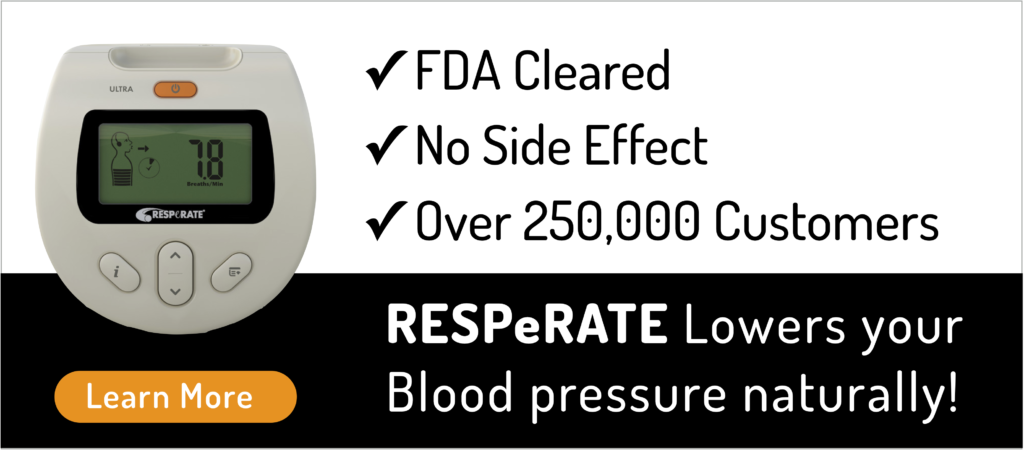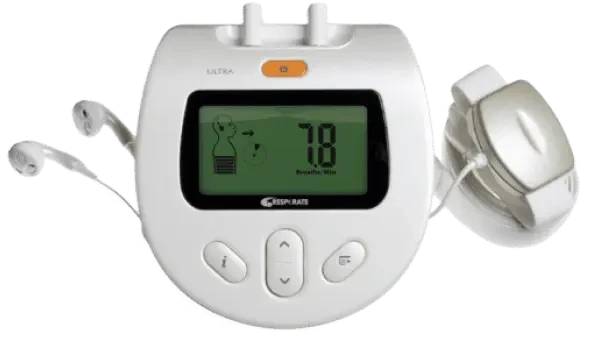Many people believe that stress can cause high blood pressure directly. However, this is actually just a popular myth since blood pressure is not in fact ‘nervous tension’. So, can stress cause high blood pressure?
Research shows that short-term stress in response to a daily life event can cause blood pressure to rise temporarily, but the stress itself does not cause hypertension and once the stressful situation passes, BP returns to normal.
Some researchers, did find that with the proper exercise, Blood pressure reactivity to mental stress can be attenuated
If you are diagnosed with high blood pressure (hypertension) this doesn’t mean you are ‘stressed’, ‘overly anxious’ or obsessive. In fact high blood pressure is diagnosed in people who are perfectly calm.
So, how can stress cause high blood pressure?
Chronic stress is believed to have an impact on high blood pressure, but why and to what extent is not yet known.
So if you do suffer from stress you should take steps to reduce it. In fact managing stress effectively will have positive knock on effects that could help to keep blood pressure low.
Decreasing levels of stress will help you feel healthier and happier, and can help to combat such coping mechanisms as overeating, drinking or smoking.
How to beat stress
Even the simplest of changes can help to alleviate stress, for example taking a daily walk in the fresh air. Taking up a relaxing hobby is another way many people successfully manage stress levels, with yoga, meditation or massage helpful. There are many other ways to destress and lower blood pressure.
New research has revealed that yoga might lower blood pressure. According to the report in Reuters Health, a review of past studies concluded that people practicing yoga reduced their systolic blood pressure by about 10 mm Hg and diastolic pressure by 7 mm Hg. They also found that yoga helped patients who were taking medications for hypertension.
Exercise to combat stress and lower blood pressure
Exercise in general can help reduce stress and manage weight, and being active will certainly help reduce your chances of getting high blood pressure. This doesn’t mean you have to join a gym, in fact here are some ways to quickly and easily incorporate more exercise into your day.
- Walk rather than take the car to work
- Take the stairs rather than the escalator or elevator
- If you travel by bus get off a stop early and walk the rest of the way
- Cycle short journeys rather than take the car
- Walk a bit further every day with the dog
- Get out of the office at lunchtime and have a walk
- Think about activities you enjoy and find out where you can practice them e.g. at your local leisure center
If you have mobility issues it can be more difficult to fit activity into your day, but there are plenty of chair exercises you can try. Chair-based exercises are ideal for people with osteoarthritis or for individuals who have had back, knee or hip surgery.
Your doctor should be able to give you information about joining a chair-based exercise class. Suitable for people with low levels of fitness, exercises gently raise the heart rate.
Further reading on stress & high blood pressure

 Eli Ben-Yehuda
Eli Ben-Yehuda 













 Download Brochure
Download Brochure